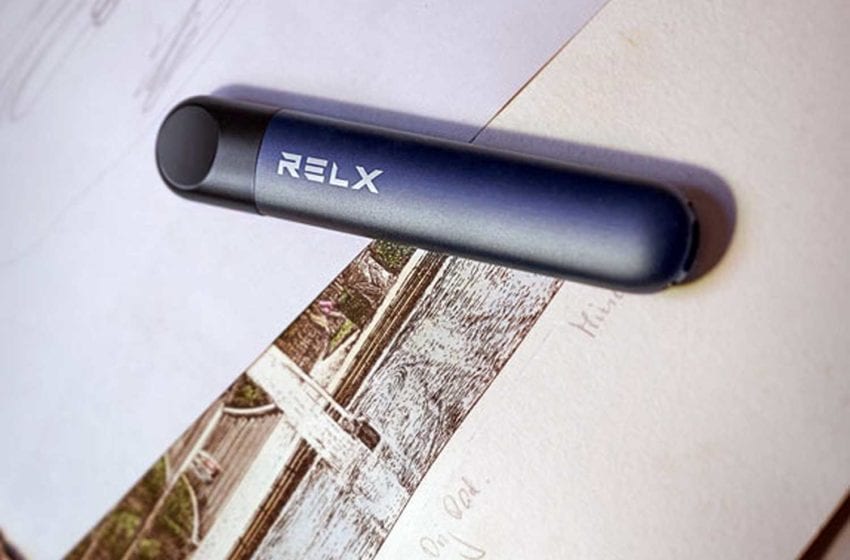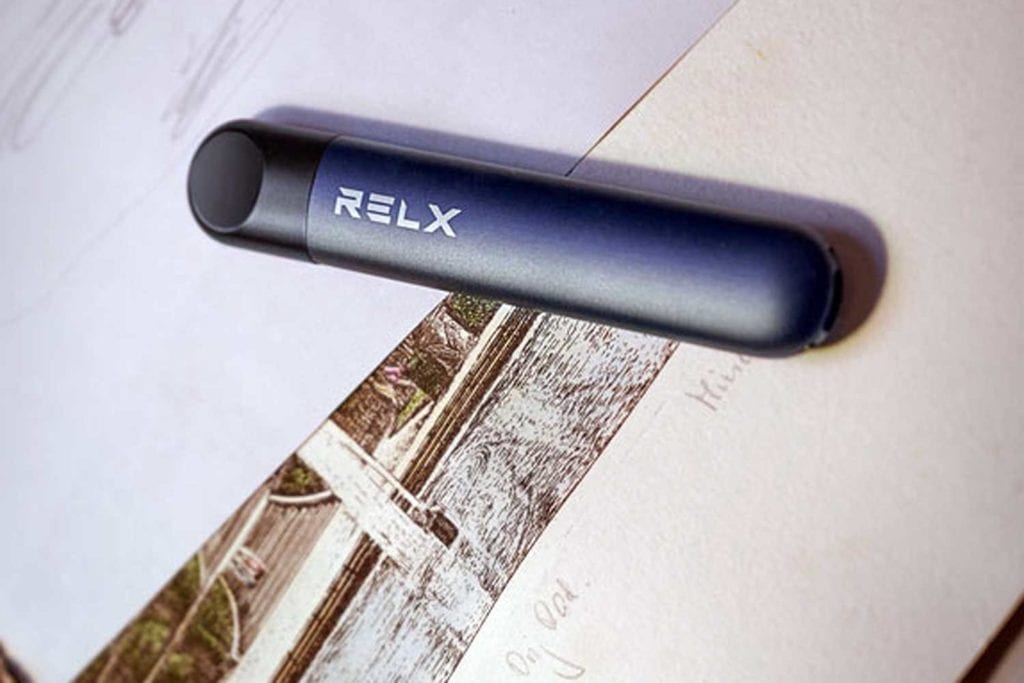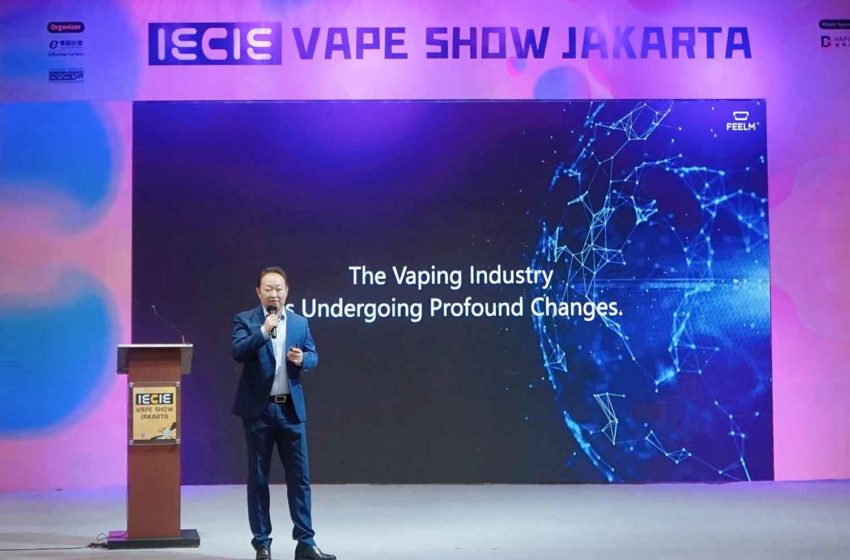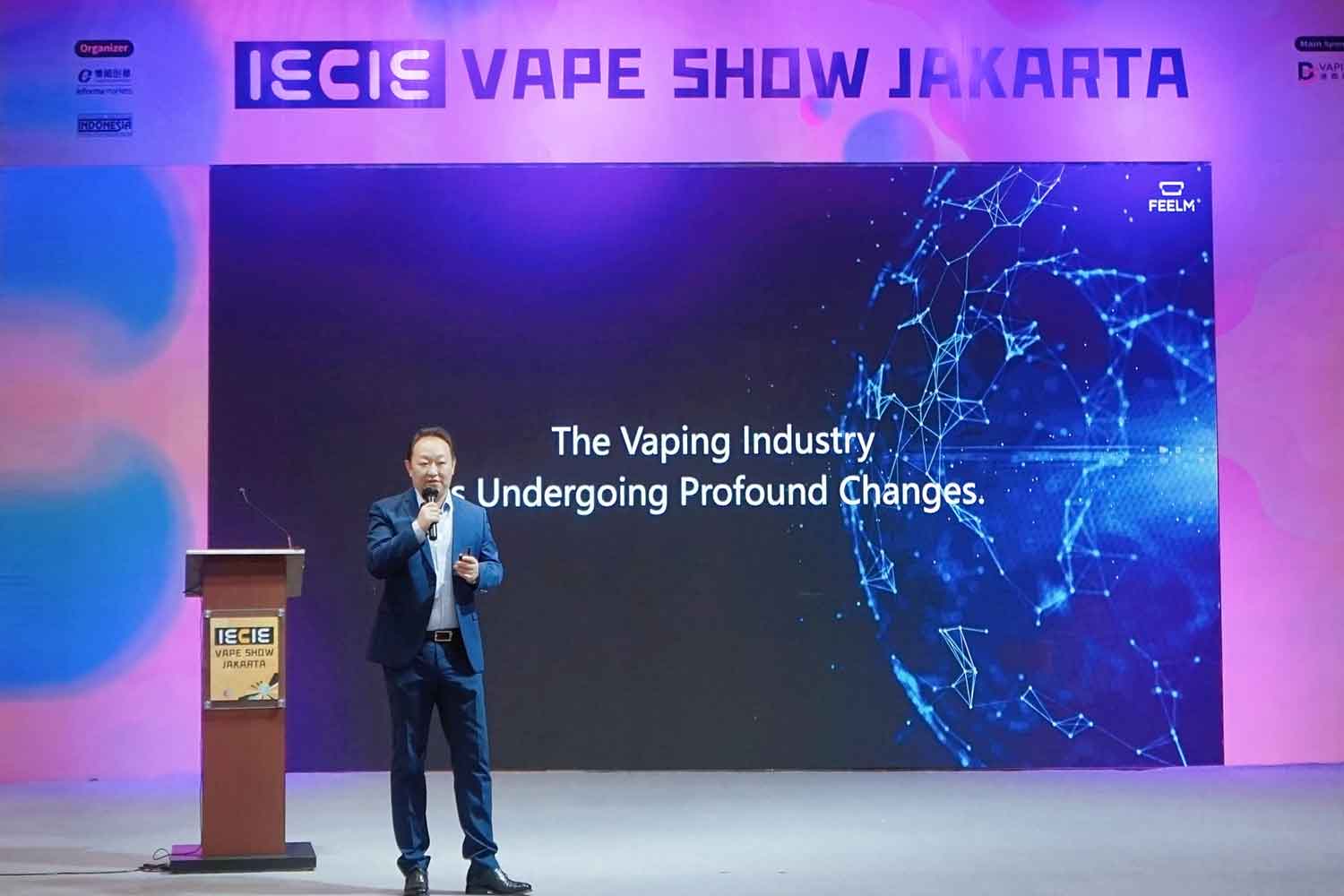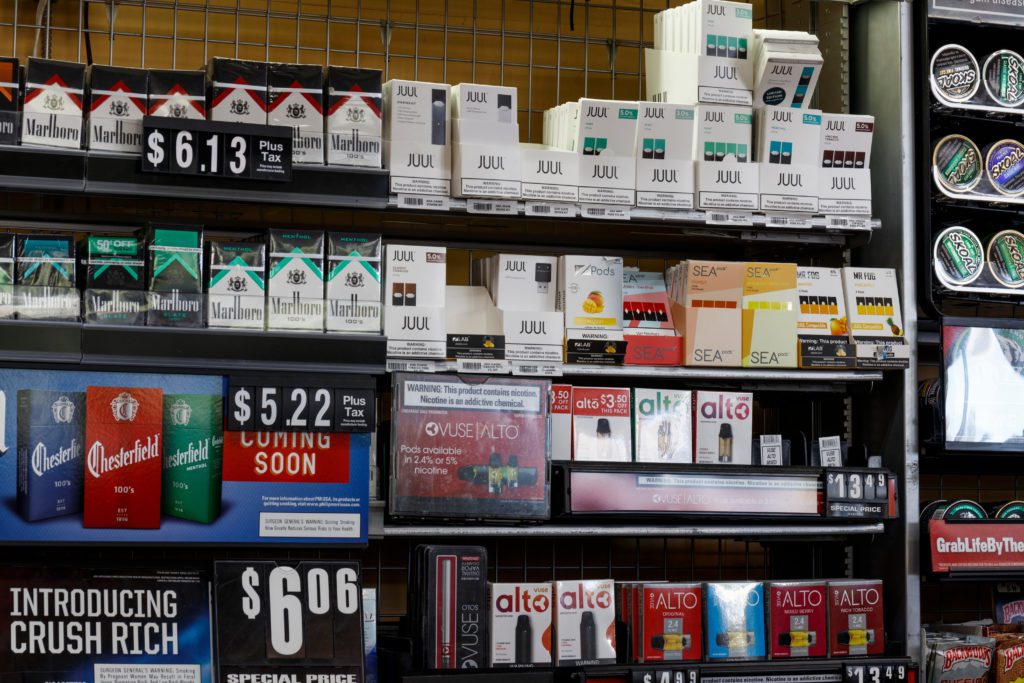Juul Labs is discussing a bailout with two long-term investors to help stave off bankruptcy, reports The Wall Street Journal, citing unnamed sources.
Hyatt Hotels heir Nick Pritzker and California investor Riaz Valani are reportedly considering putting up money to cover the vaping company’s operations and near-term legal liabilities. Valani and Pritzker were Juul’s largest shareholders before Altria Group in 2018 bought a 35 percent stake in the company for $12.8 billion, according to The Wall Street Journal sources.
The goal of the bailout would be to help Juul stay in business and pursue a dispute with federal regulators over whether Juul products can remain on the U.S. market. Once the undisputed leader in the domestic vaping market, Juul Labs has struggled in the face of regulatory scrutiny and legal challenges over its marketing practices.
On June 23, 2022, the Food and Drug Administration rejected Juul Labs’ premarket tobacco product application and ordered the company to remove its products from the market. Juul appealed and on July 5, the FDA stayed its marketing denial order (MDO), announcing that it would review the decision after determining “there are scientific issues unique to this application that warrant additional review.”
On Oct. 21, Juul Labs published the details of its MDO appeal.
The uncertainty around the FDA ban has made it difficult for Juul to secure financing for legal settlements. Juul has been searching for an alternative that could avoid a bankruptcy filing. Earlier this month, Juul began discussions with lenders for financing that would carry the company through a potential Chapter 11 filing.
In a statement to The Wall Street Journal, Juul said it continues to explore several strategic options to secure its business and address the impact of the FDA’s stayed order “as we fight to preserve our mission of transitioning adult smokers away from cigarettes while combating underage use.”






